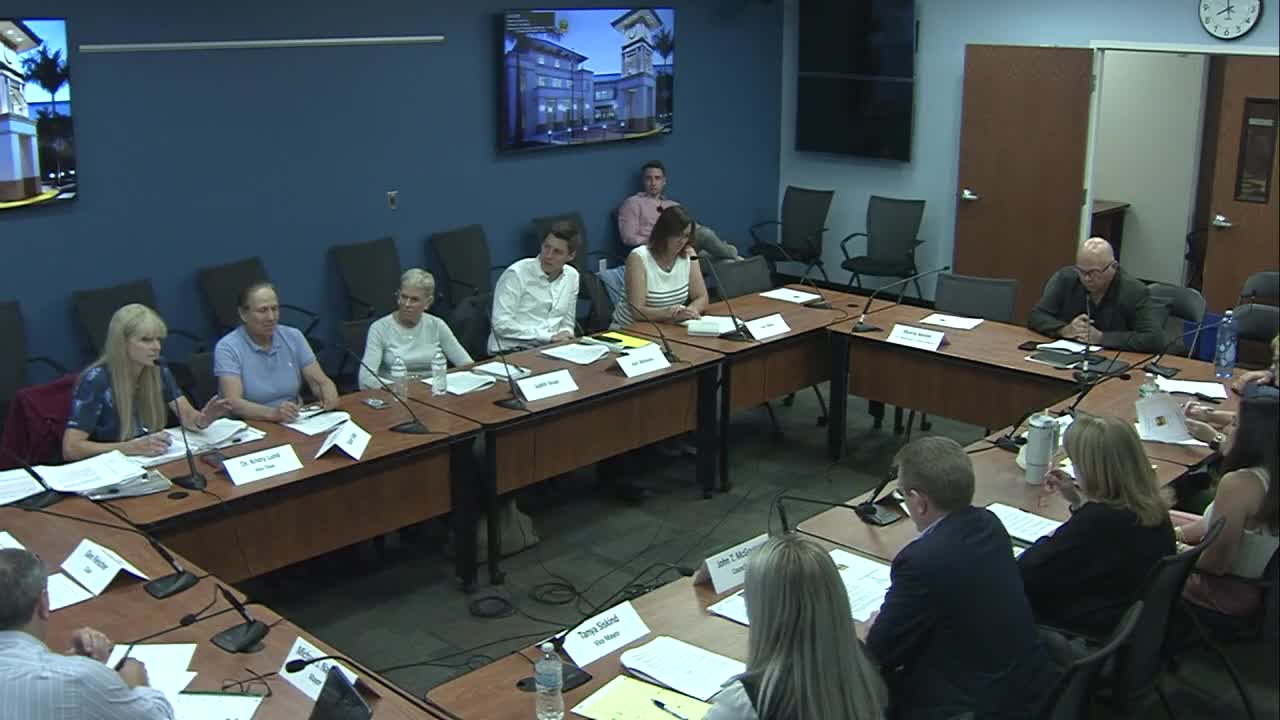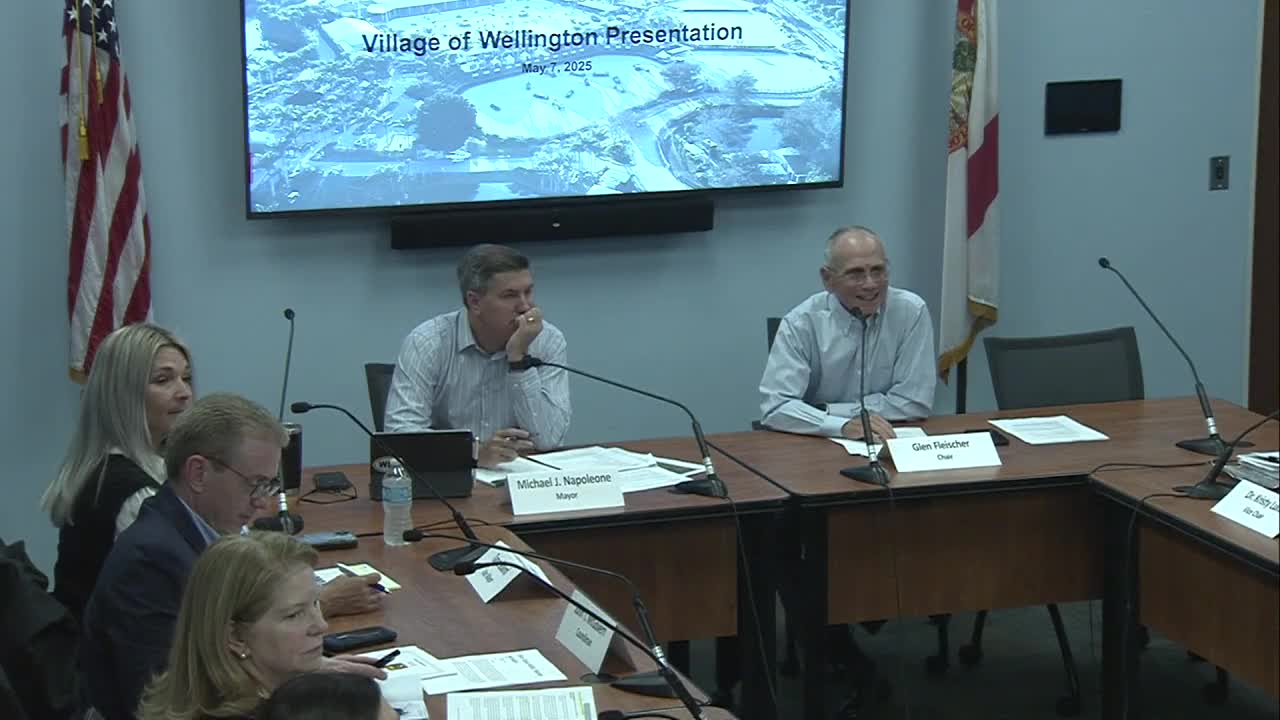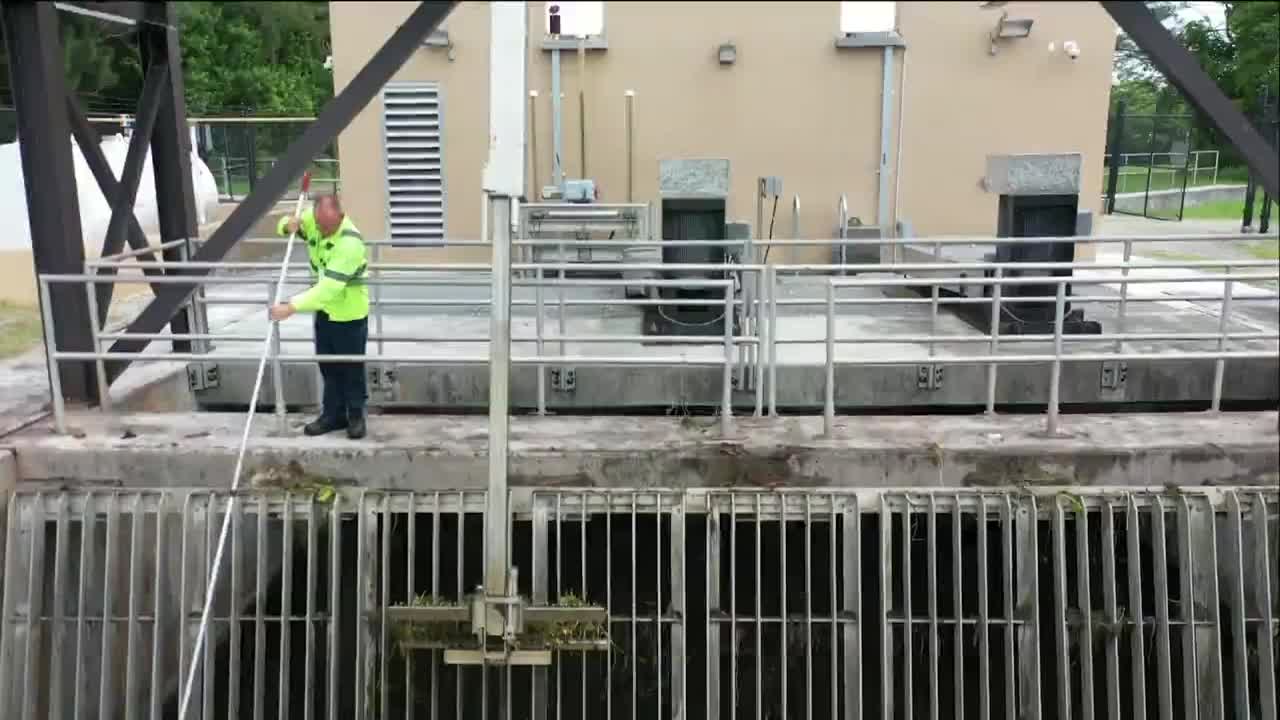Article not found
This article is no longer available. But don't worry—we've gathered other articles that discuss the same topic.

Equestrian Preserve Committee asks council to review LDR Section 6.8.0.8, urges action on bridle trails and enforcement

Wellington International CEO reports growth, says major capital upgrades planned for rings, footing, barns and spectator facilities

